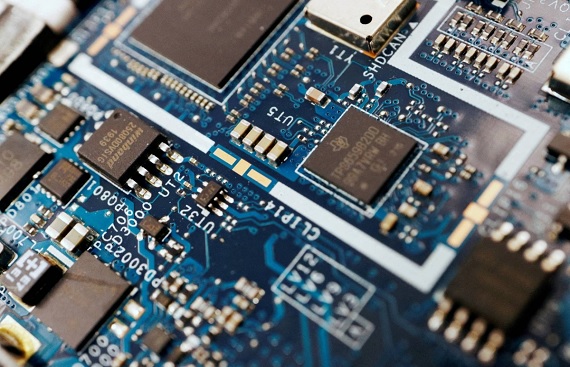Startups Address "Forever Chemicals" in Chip Manufacturing

The competition to lead in artificial intelligence is fueling the need for microchips, but the semiconductor business has an alarming environmental problem: it is a main source of "forever chemicals" that have been associated with cancer and other health issues.
Global chip sales soared by over 19% to approximately $628 billion last year, with the Semiconductor Industry Association predicting continued double-digit growth in 2025. This rapid expansion is amplifying the need to address the environmental impact of per- and polyfluoroalkyl substances (PFAS) — chemicals used in everything from firefighting foam to nonstick pans, raincoats, and microchips. US and European governments are starting to enforce tighter pollution standards for municipal water supplies, increasing the need to fight PFAS pollution. In response, there is a tide of startups appearing, and they provide solutions to deactivate the chemicals instead of removing them from the supply chain.
PFAS, which are notorious for their persistence in the environment, have been detected everywhere, from rainwater in the Himalayas to the blood of almost every human being tested. The resistant-to-breakdown chemicals have been associated with severe health problems such as obesity, infertility, and cancer.
"There is a pressing need to stop further industrial PFAS contamination and remediate existing pollution," stated Lee Bell, technical and policy advisor for the International Pollutants Elimination Network. He noted that conventional incineration techniques do not eliminate PFAS and urged new technologies to tackle the problem.
One of the companies addressing PFAS pollution is Oxyle AG, a Swiss-based firm. Its innovative modular technology can treat anything from industrial wastewater to groundwater using minuscule bubbles smaller than 1 millimeter in diameter to trap and destroy PFAS molecules. Through this process, harmless byproducts like carbon dioxide and fluorides are produced without any toxic residues, the company states.

